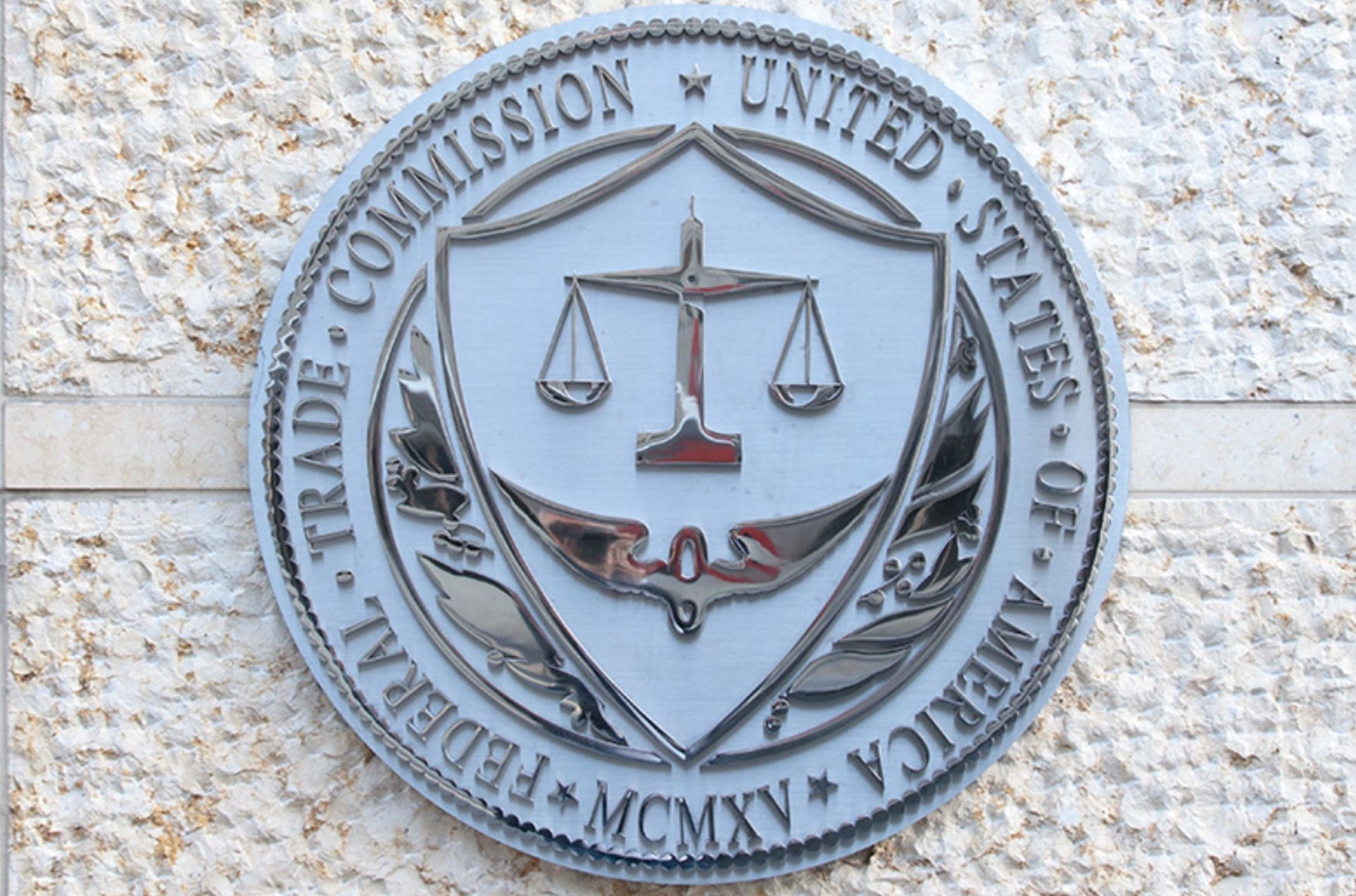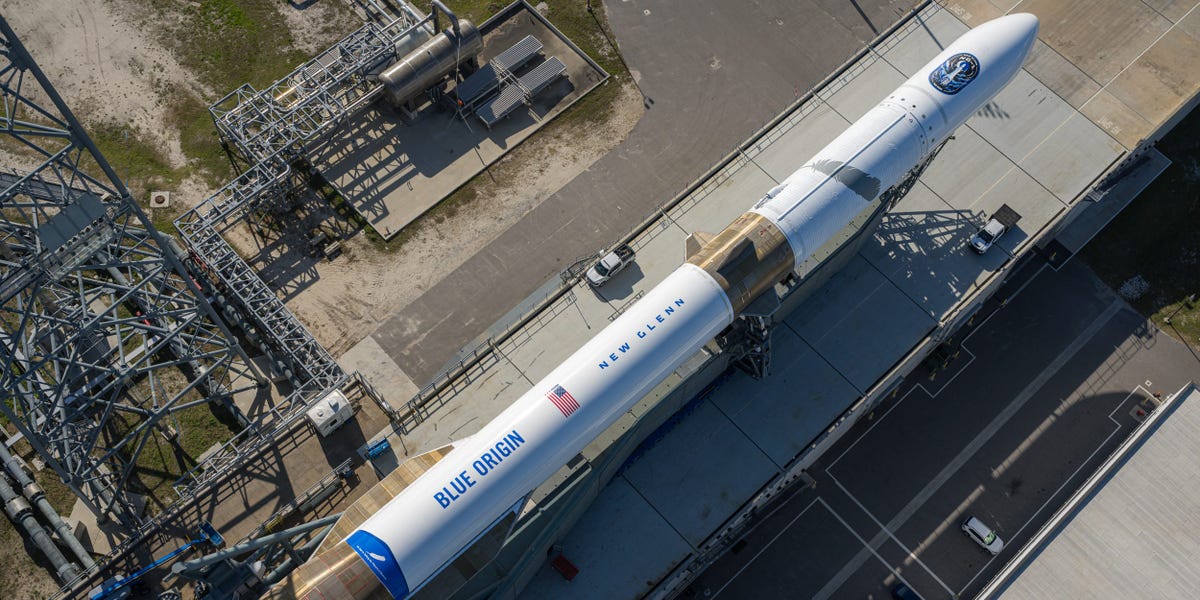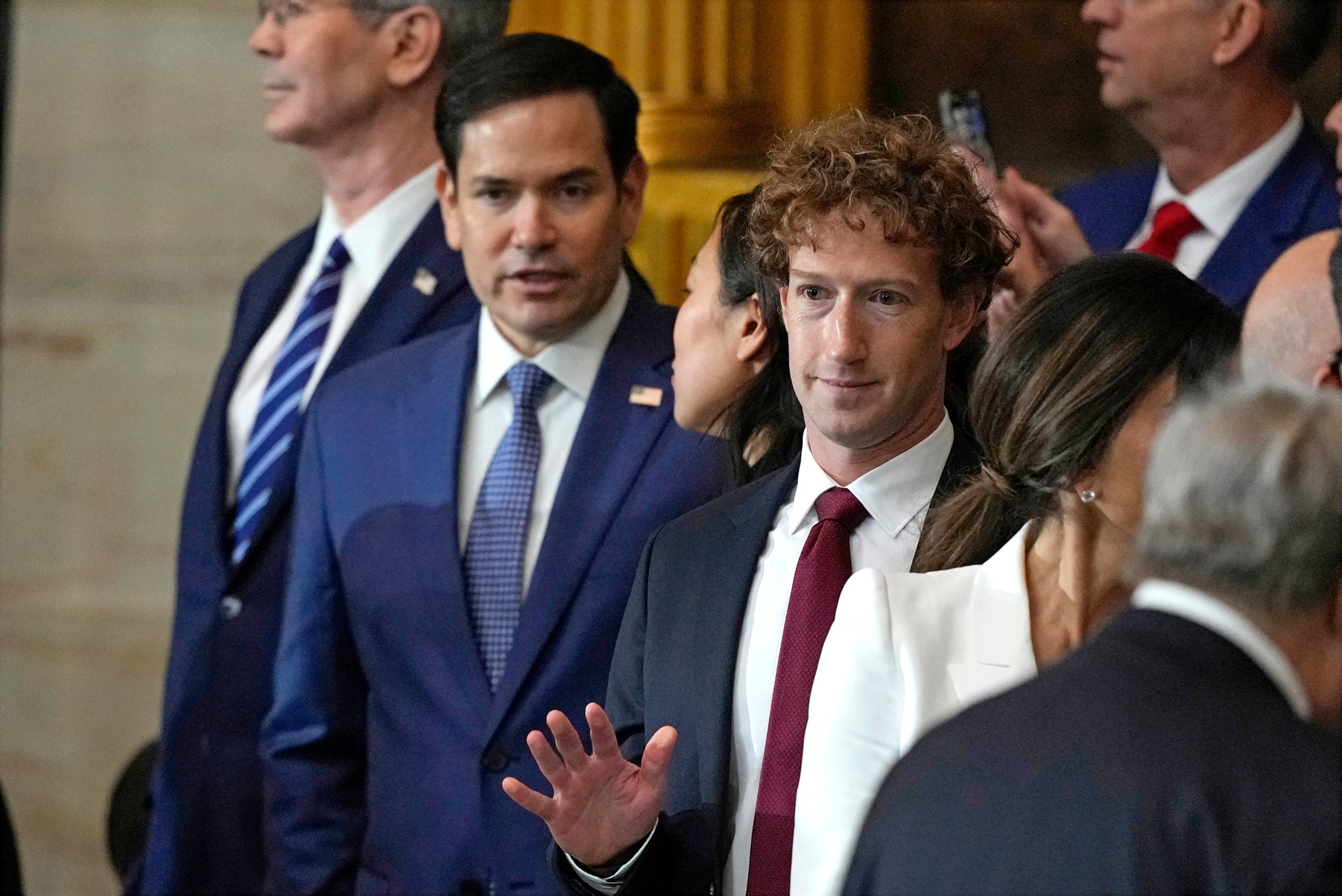FTC To Appeal Microsoft-Activision Merger Ruling

Table of Contents
The FTC's Arguments Against the Merger
The FTC's antitrust lawsuit against the Microsoft-Activision merger centered on the belief that the acquisition would create a monopoly, leading to substantial harm to competition within the gaming console market and the burgeoning cloud gaming sector. Their arguments rested on several key pillars:
-
Unfair Competitive Advantage: The FTC argued that Microsoft's acquisition of Activision Blizzard would grant them an unfair competitive advantage, particularly in the console market. This advantage would stem from Microsoft's control of key gaming franchises, potentially stifling innovation and harming consumers.
-
Call of Duty and Market Dominance: A significant portion of the FTC's argument revolved around the immensely popular Call of Duty franchise. The FTC feared that Microsoft could make Call of Duty exclusive to Xbox consoles, leveraging its dominance to harm competitors like Sony PlayStation and Nintendo Switch. This move could significantly shift market share in favor of Microsoft.
-
Cloud Gaming Concerns: The rapid growth of cloud gaming services was another area of concern for the FTC. They argued that the merger would give Microsoft undue control over this emerging market, potentially harming competition and limiting consumer choice. The ability to stream games without requiring powerful hardware is a crucial element of future gaming, and the FTC worried about Microsoft monopolizing this space.
-
Dismissal of the Initial Lawsuit: The appeal directly challenges the federal judge's dismissal of the FTC's initial claim that the merger would substantially lessen competition. The FTC believes the judge's assessment was flawed and seeks to overturn the decision.
The Judge's Ruling and its Implications
A federal judge initially dismissed the FTC's lawsuit, paving the way for the Microsoft-Activision merger to proceed. This ruling, while a victory for Microsoft and Activision Blizzard, was based on the judge's finding that the FTC failed to sufficiently demonstrate that the merger would substantially lessen competition.
-
Insufficient Evidence: The judge's decision highlighted the difficulties of proving anti-competitive behavior in a rapidly evolving and complex technological market. The FTC's arguments, while significant, did not, according to the judge, meet the legal threshold for preventing the merger.
-
Legal Precedent and Challenges: The ruling set a significant precedent within antitrust law, particularly concerning mergers in the tech industry. It also highlighted the legal challenges involved in regulating such massive acquisitions in a rapidly evolving market.
-
Uncertainty Created by the Appeal: While the initial ruling allowed the merger to proceed, the FTC's appeal introduces significant uncertainty. The appeal process could take considerable time, potentially delaying or even preventing the deal from being finalized.
-
Microsoft's Defense Strategy: Microsoft's defense strategy throughout the legal battle involved emphasizing its commitment to maintaining Call of Duty availability across multiple platforms, a key factor influencing the judge’s decision.
The Role of Call of Duty in the Debate
The popularity of Call of Duty served as a pivotal point of contention throughout the legal battle. The FTC's concerns centered on the potential for Microsoft to leverage its ownership of the franchise to create an uneven playing field:
-
Exclusive Content Fears: The possibility of Call of Duty becoming exclusive to Xbox consoles or receiving preferential treatment on Xbox platforms was a significant concern. This could potentially drive players towards Xbox, giving Microsoft an unfair advantage.
-
Cross-Platform Play Commitments: While Microsoft pledged to continue releasing Call of Duty on PlayStation, the FTC remained unconvinced, highlighting the challenges of enforcing such promises. The FTC argued that the commitment was insufficient to guarantee fair competition.
-
Impact on Gaming Franchises: The debate around Call of Duty extends to broader concerns about the impact of mergers on the availability of popular gaming titles across different platforms. The precedent set by this case could influence future mergers and acquisitions in the gaming industry.
Potential Outcomes of the FTC Appeal
The FTC's appeal introduces several potential outcomes, each carrying significant implications for the gaming industry:
-
Delay or Prevention of the Merger: The appellate process could lead to substantial delays, potentially extending the uncertainty for months or even years. In a worst-case scenario for Microsoft, the appeal could ultimately prevent the merger from being completed.
-
Appellate Court Decision: The appellate court could either uphold the lower court's ruling, allowing the merger to proceed, or reverse the decision, sending the case back to the lower court for further proceedings.
-
Supreme Court Appeal: Depending on the appellate court's decision, there's a possibility of a further appeal to the Supreme Court, further prolonging the legal battle.
-
Market Uncertainty and Investor Confidence: The uncertainty surrounding the FTC's appeal creates considerable volatility within the gaming industry. This uncertainty can impact investor confidence and market stability.
Conclusion
The FTC's appeal of the Microsoft-Activision merger ruling presents a pivotal moment for the future of the gaming industry. The outcome will profoundly shape competition, pricing, and the availability of major gaming franchises for years to come. The arguments raised – focusing on antitrust concerns and the potential for market dominance – highlight the intricate challenges of regulating mega-mergers in the rapidly evolving tech sector. Stay informed about the developments in the Microsoft-Activision merger appeal to understand its impact on the future of gaming. Follow this case closely for further updates and analysis of its crucial implications for gamers and the industry as a whole.

Featured Posts
-
 Toxic Chemical Fallout The Long Term Impact Of The Ohio Derailment
Apr 22, 2025
Toxic Chemical Fallout The Long Term Impact Of The Ohio Derailment
Apr 22, 2025 -
 Blue Origin Rocket Launch Cancelled Vehicle Subsystem Issue
Apr 22, 2025
Blue Origin Rocket Launch Cancelled Vehicle Subsystem Issue
Apr 22, 2025 -
 The Zuckerberg Trump Dynamic Implications For The Tech Industry
Apr 22, 2025
The Zuckerberg Trump Dynamic Implications For The Tech Industry
Apr 22, 2025 -
 Another Court Battle Doj Vs Googles Search Dominance
Apr 22, 2025
Another Court Battle Doj Vs Googles Search Dominance
Apr 22, 2025 -
 Swedens Tanks Finlands Troops A Look At The Pan Nordic Defense Force
Apr 22, 2025
Swedens Tanks Finlands Troops A Look At The Pan Nordic Defense Force
Apr 22, 2025
